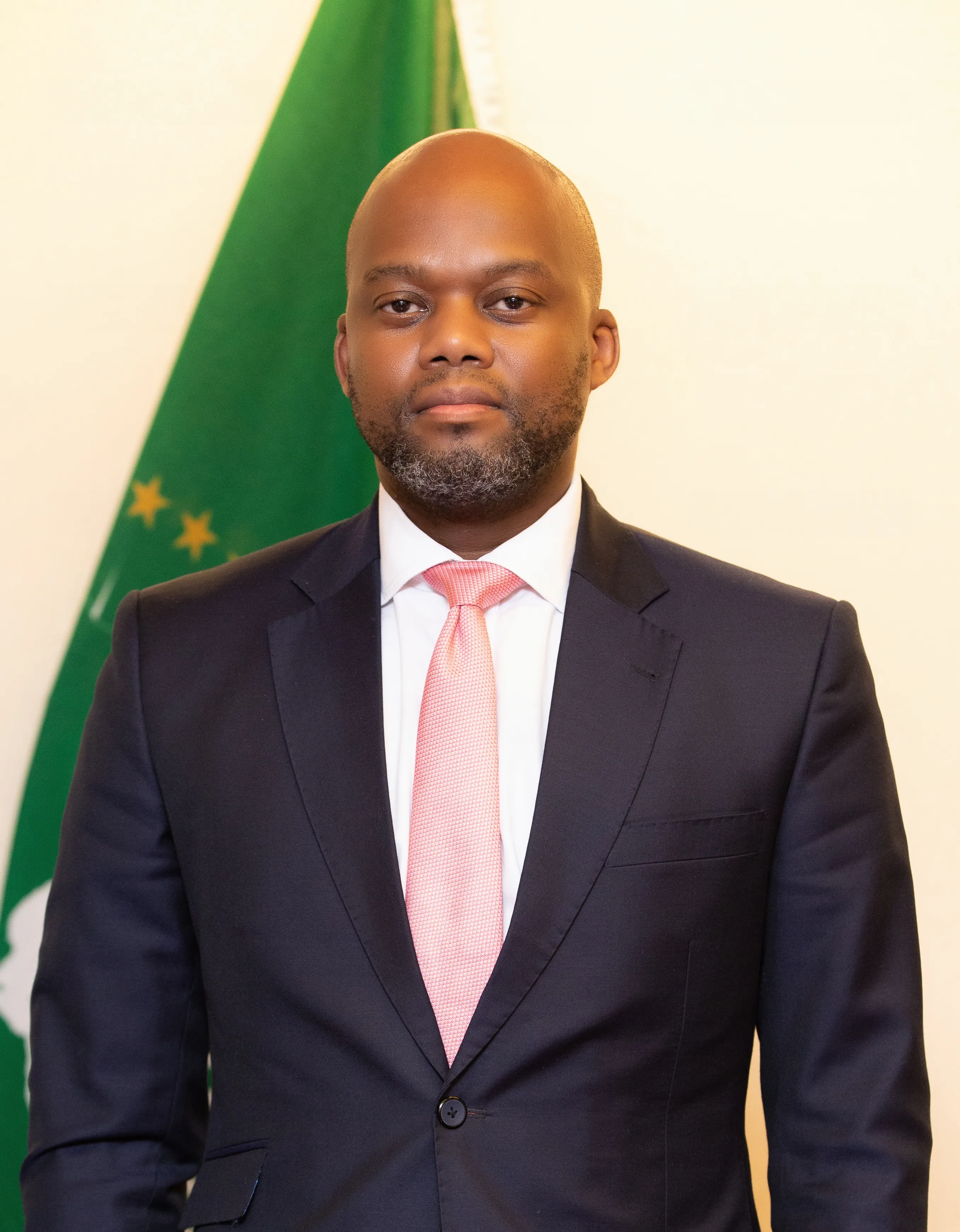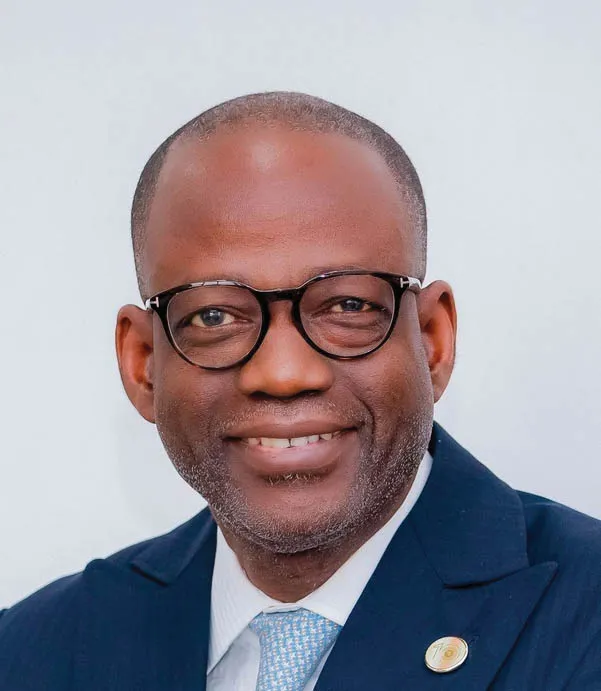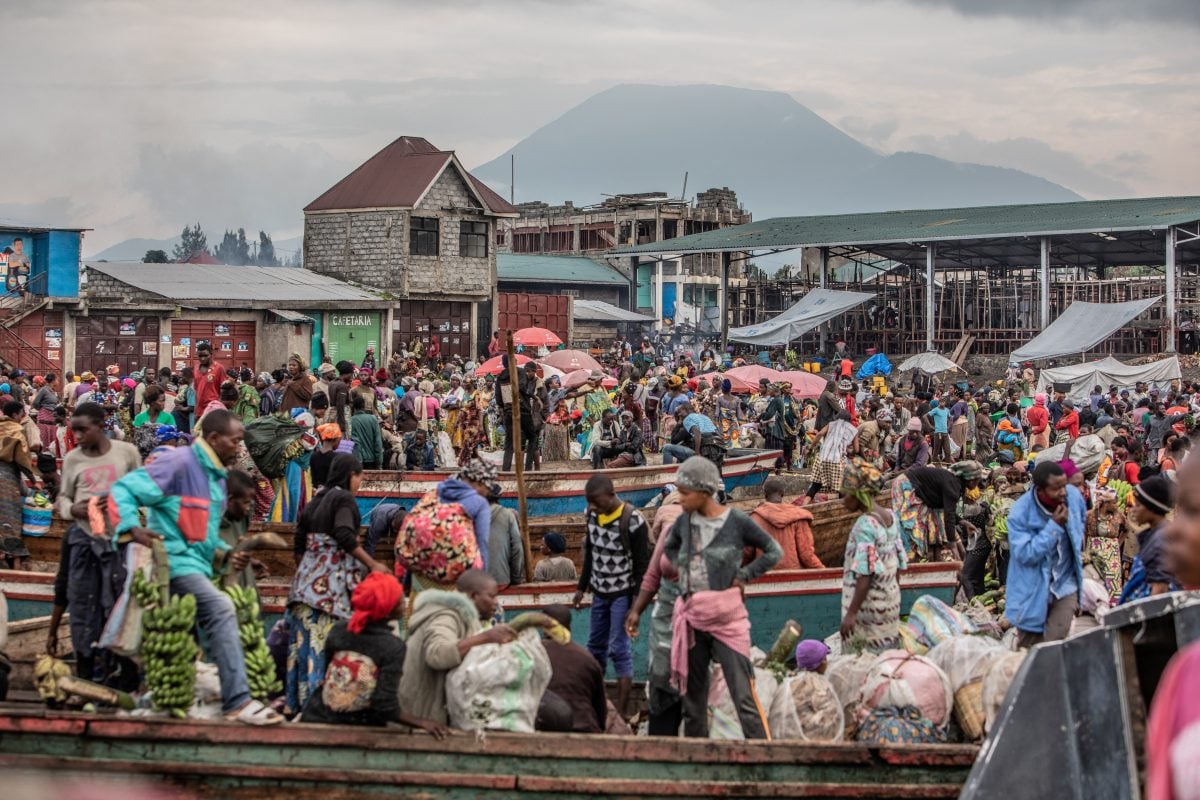Every day, millions of African small traders embark on journeys across land borders, fraught with challenges, determined to put food on their tables, send their children to school, and secure a decent livelihood. These unsung heroes are the lifeline of Africa’s informal trade sector, accounting for 30% to 72% of trade in many African economies. Yet, their remarkable resilience and contributions often go unnoticed due to the cash-based nature of their transactions.
In 2024, Africa is poised for a historic transformation as we accelerate the implementation of the African Continental Free Trade Area (AfCFTA). This landmark agreement holds the promise of uniting diverse nations, spurring economic growth, and reducing dependence on external markets. However, amid this optimism, the plight of cross-border traders, many of whom are women and youth, have come into sharp focus.
To truly understand the daily hardships faced by these traders, the AfCFTA, Smart Africa, and the Better Than Cash Alliance secretariats conducted visits to pivotal border locations. These interactions shed light on the challenges that traders confront and the untapped potential that lies within their grasp. Today, intra-African trade remains inaccurately measured and vulnerable to substantial financial losses due to its reliance on cash transactions.
One critical hindrance to financial inclusion and digital trade is the lack of interoperability of digital payment systems, particularly for the small and micro traders who dominate Africa’s economy, especially at land borders. Additionally, the recurring use of third currencies in cross-border trade payments places a significant burden on national foreign exchange reserves, leading to delays in settlements and diminishing profits for small and micro-merchants. Enter the Pan-African Payment and Settlement System (PAPSS), a groundbreaking initiative designed to address these challenges and facilitate fast, seamless payments for intra-African trade.
Currently estimated at over 18% of total trade – with the rates in 13 countries ranging from 30 to 80% – formal intra-Africa trade holds great potential. Africa’s combined GDP is estimated at $6.7 trillion at purchasing power parity, making it the fourth largest economy in the world if it were a single country. We are bullish about the excellent prospects for trade and investment on the African market: the AfCFTA is projected to increase intra-Africa trade by about 33% and slash the continent’s trade deficit by 51%.
To achieve these goals, we need trusted, interoperable, and inclusive payment systems as the foundation for trade and digital commerce that benefits all.
Digital payments hold the key to driving financial inclusion and unlocking countless economic opportunities to accelerate the realisation of the AfCFTA and the African Union’s Agenda 2063. With women comprising over 70% of traders in the micro, small, and medium-sized enterprise (MSME) sector, they are the backbone of Africa’s economy. The African Union Commission’s (AUC) Women and Youth Financial and Economic Inclusion (WYFEI) 2030 initiative recognises the pivotal role of women and youth in Africa’s development. By unlocking $100bn for 10 million women and youth by 2030, this initiative empowers individuals while strengthening the entire African economy.
Moreover, the board has approved an initiative to collaborate with member states in revising foreign exchange restrictions for digital transactions.
This decision paved the way for a wider adoption of digital financial services among micro and small cross-border traders. Furthermore, the board has approved the Smart Africa Trust Alliance (SATA) Declaration and authorisd the initiation of a Proof of Concept (PoC) for cross-border digital merchant payments, a crucial step towards building trust in digital transactions, simplifying digital identity and data exchange, and realising the vision of a Single Digital Market.
Digital financial inclusion of small-scale traders, especially women and youth, is a key objective within the AfCFTA’s Protocols on Digital Trade and Women and Youth in Trade. Under the AfCFTA’s Protocol on Digital Trade and the Smart Africa Secretariat’s Blueprint for e-Payments for the Facilitation of Digital Trade across Africa, the goal is to boost digital financial inclusion by developing affordable, real-time, safe, secure, inclusive, interoperable, responsible, and universally accessible cross-border digital payment ecosystems across Africa.
However, the journey does not end here. In partnership with the AUC, Smart Africa, and the Better Than Cash Alliance, the AfCFTA has issued a call to action on Digital Financial Inclusion for the Success of the One Africa Market. The call to action focuses on five key pillars that will be instrumental in the readiness of Africa’s governments to build inclusive digital economies for the One Africa Market: government leadership, supportive regulations, fostering universal trusted usage, promoting regional collaboration, and championing financial equality.
More than a trade agreement, the AfCFTA is a gateway to economic empowerment, gender equality, and youth development.
We urge all stakeholders to rally behind this mission – a mission for digital financial inclusion echoing the AfCFTA’s call to action for a unified African market. By prioritising digital payments and financial inclusion at land borders, together, we can redefine the continent’s economic landscape, ensure cross-border traders thrive in the digital age, and receive the recognition they rightfully deserve as pillars of our continent’s growth.
Want to continue reading? Subscribe today.
You've read all your free articles for this month! Subscribe now to enjoy full access to our content.
Digital Monthly
£8.00 / month
Receive full unlimited access to our articles, opinions, podcasts and more.
Digital Yearly
£70.00 / year
Our best value offer - save £26 and gain access to all of our digital content for an entire year!


 Sign in with Google
Sign in with Google 



